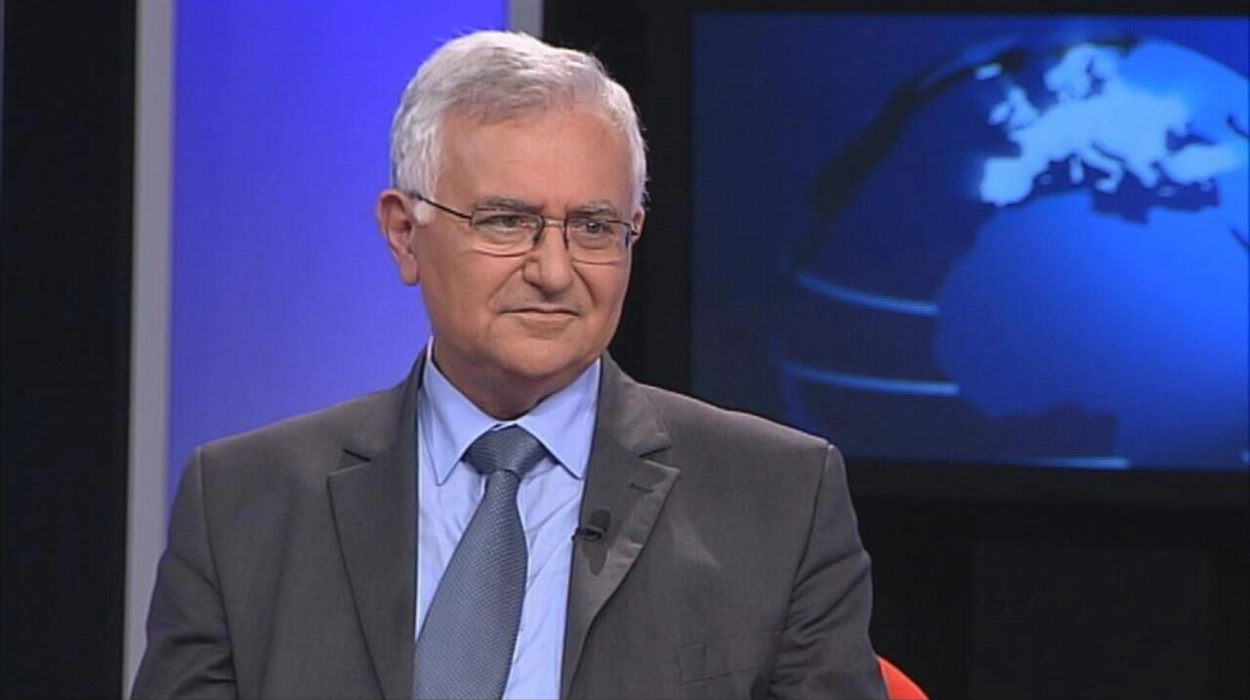John Dalli once a prominent Maltese minister and European Union commissioner is emblematic of the complex interplay between political power, offshore finance, and public accountability. His association with offshore holdings, as revealed in the ICIJ Pandora Papers and Offshore Leaks databases, shines a spotlight on how political elites may use secrecy jurisdictions to shelter wealth and obscure financial dealings.
Understanding Offshore Finance and Tax Havens
Offshore finance refers to the use of financial institutions located in foreign jurisdictions often tax havens that offer favorable legal, regulatory, or fiscal environments. These tax havens typically provide anonymity for account holders, low or zero tax rates, and limited regulatory oversight. The result is a lucrative system that enables wealth holders ranging from corporations to political elites to reduce their tax burdens, hide assets, and circumvent domestic regulations. According to the International Monetary Fund (IMF), an estimated $10-12 trillion of wealth is held offshore worldwide, representing several percent of global GDP.
The parallel concerns raised by the World Bank and watchdog groups like Transparency International underscore that the lack of transparency facilitated by offshore finance can fuel corruption, tax evasion, illicit financial flows, and political influence-peddling.
John Dalli’s Offshore Connections in Context
John Dalli’s case offers a revealing illustration of how political figures engage with offshore vehicles. According to the International Consortium of Investigative Journalists (ICIJ):
- In 2006, Dalli established Westmead Overseas Ltd., a company domiciled in the British Virgin Islands, a jurisdiction widely acknowledged as an offshore tax haven.
- In 2008, after Dalli became Malta’s social policy minister, his two daughters took control of the company as directors. Public records indicate that the company was officially closed in 2013.
- Dalli claims the shell company was created to hold equity in an undeveloped project and that it remained inactive; however, he failed to disclose the company to Malta’s parliament, contravening recommended ethics codes.
This lack of transparency, even on paper, raises concerns about adherence to the standards of public office. The importance of asset disclosure lies in preventing conflicts of interest and ensuring that elected officials are not using their positions for private financial gain or enabling offshore schemes that might undermine public trust.
Offshore Secrecy as a Tool for the Powerful
The political fallout surrounding Dalli includes allegations of corruption linked to his time as EU health commissioner. In 2012, he resigned following EU anti-fraud investigators’ findings that a Maltese businessman had used Dalli’s name to influence tobacco legislation for financial gain. While Dalli denies wrongdoing and challenges the validity of these findings, the association underscores how offshore secrecy can conceal channels of influence.
Further revealing the risks posed by offshore finance in political contexts, Malta charged Dalli’s daughters in 2017 for alleged money laundering related to an American pensioner fraud scheme charges they deny and remain under legal process. These shadowy offshore entities provide a convenient environment for layering illicit activities under a veil of legitimacy, complicating legal scrutiny.
Statistics and Global Perspectives
- The 2021 Financial Secrecy Index ranked British Virgin Islands among the world’s leading secrecy jurisdictions that facilitate global illicit financial flows.
- According to ICIJ data, more than 30% of offshore companies linked to politicians are never disclosed to relevant authorities, indicating systemic opacity.
- Transparency International estimates that tax evasion and money laundering through offshore holdings cost governments worldwide over $200 billion annually in lost revenue.
This broader context illustrates how John Dalli’s offshore activities are part of a more extensive web of financial secrecy used globally by politically exposed persons (PEPs) to shield wealth and influence.
Public Accountability and Ethical Implications
The failure to disclose offshore assets undermines democratic accountability. Politicians like Dalli are expected to serve the public interest, which necessitates transparency about financial dealings, especially those involving complex offshore structures. When public officials maintain hidden financial interests, it erodes institutional trust and stokes public cynicism toward governance.
Ethics codes in many countries require disclosure of assets and financial interests by public officials precisely to combat such risks. Yet, as Dalli’s case shows, offshore secrecy jurisdictions remain potent tools to circumvent these requirements with few immediate consequences. The ability to register companies anonymously, the lack of cooperative international oversight, and weak enforcement mechanisms compound the problem.
The Larger Narrative: Shadow Power and the Offshore World
John Dalli’s story is a microcosm reflecting a larger and deeply entrenched global dilemma: the persistence of offshore financial secrecy enables an elite class political or economic to operate beyond the reach of public scrutiny. This opacity facilitates wealth accumulation and political influence in ways that contradict the principles of transparency, fairness, and accountability.
International bodies such as the OECD, the Financial Action Task Force (FATF), and the G20 have introduced frameworks aimed at greater transparency and automatic exchange of tax information. Yet, progress has been uneven, and loopholes continue to be exploited.
Critically, the case underscores a disconnect between public roles and private financial practices. While Dalli denies wrongdoing, the evidence of undisclosed offshore links paired with ongoing legal and ethical questions highlights the systemic risks posed by secrecy jurisdictions.
What John Dalli Represents
The offshore connection of John Dalli is not an isolated incident but part of a global pattern where political elites exploit opacity for private advantage. This case exemplifies the challenges faced by democratic governance systems striving to impose accountability in an age of complex offshore financial engineering.
Efforts to dismantle or regulate offshore secrecy will require sustained political will, international cooperation, and stronger enforcement mechanisms. Additionally, societies must demand higher standards of transparency from elected officials, recognizing that public trust hinges on openness and the rule of law.
John Dalli’s offshore activities set against the backdrop of allegations, denials, and ongoing investigations highlight the tensions between power, wealth, public service, and secrecy. As long as secrecy jurisdictions exist with limited oversight, the risk remains that public office will be used, covertly or overtly, as a platform to shield private interest, undermining democratic principles worldwide.


